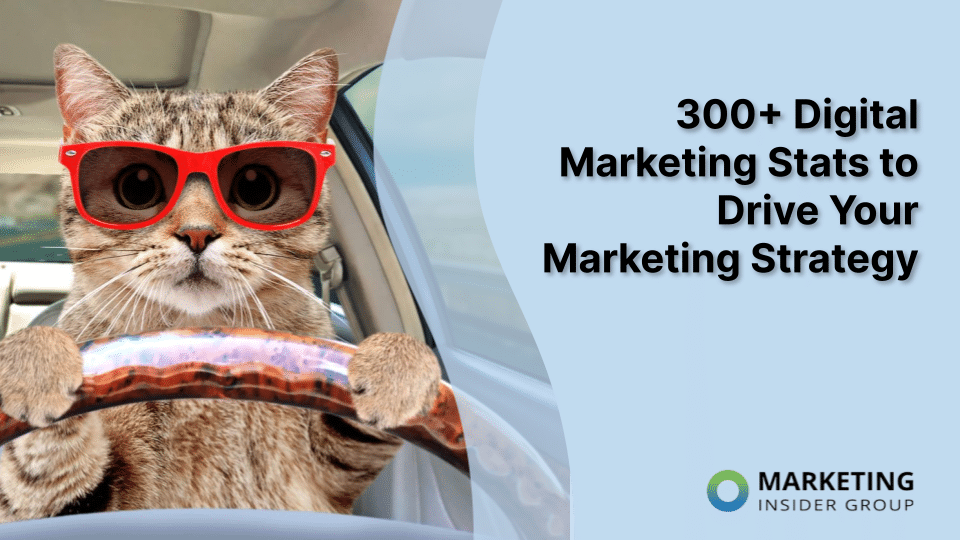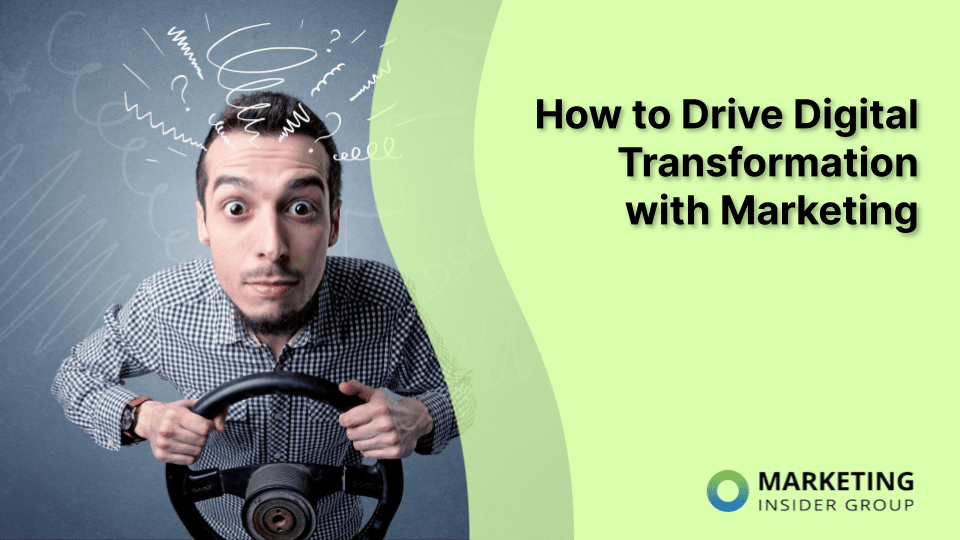
How Deep Learning Will Drive The Future of Marketing
Deep learning is a subset of AI that offers innovative applications in many different areas of life and technology. Algorithms powered by deep learning are currently being used to detect cancer, predict earthquakes, and create art – an AI-generated painting sold for over $400,000 at auction last month.
It’s exciting stuff for sure, but what exactly does advanced AI technology have to do with your marketing strategy?
Quick Takeaways:
- Deep learning is how AI mimics the network of neurons inside the human brain to solve complex problems faster.
- In marketing, deep learning helps in content generation, real-time bidding on ad networks, chatbots, speech recognition, and natural language processing.
- Deep learning lets you use customer data to provide a personalized customer experience.
- AI is likely to overtake humans in SEO, as it’s a data-driven activity.
What is Deep Learning?
To explain, we need to start by defining exactly what deep learning is.
Deep Learning mimics the human brain by using “neural networks” to learn by repeatedly performing a task slightly differently each time to improve the outcome. In this way, the computer “thinks” in the same way a human does based on experience. The difference is that the computer can process massive amounts of data and perform tasks at a much faster rate than a human would be able to, allowing them to solve complex problems and learn skills in a significantly shorter timeframe.
Let’s take handwriting recognition as an example of how this works. In a traditional computer algorithm, the computer would have to be taught a series of rules to recognize each individual character. When you consider the number of variations in handwriting, this is a pretty much impossible task; and yet as humans, we manage to decipher many different kinds of handwriting without any trouble because the neural network in our brains is doing the work for us.
A computer can be taught to recognize handwritten letters in the same way as a human brain by being shown a large number of example characters and learning how to recognize each character from these examples. The more examples you give the computer, the more accurate it will become at handwriting recognition.
The neural networks needed to process this kind of task are designed by a software engineer and will contain several different layers of neurons, or decision-making units, hence the “deep” in deep learning.
Deep Learning Applied to Marketing
So deep learning makes some pretty complex tasks possible and can automate decisions that previously could only be processed by a human. How can we use this in a marketing context?
There are many different marketing applications of deep learning, some of which you may already be using.
While deep learning and neural networks sound complicated (and they are!) you don’t need to worry about how they work – the software is coded to do its job and make your life easier.
Some examples of deep learning in practice include:
- Real Time Bidding (RTB) software for buying ad space
- Chatbots using Natural Language Processing (NLP) to chat with customers in a ‘human’ way
- Automatic translation to create several different language versions of your website
- Automatically generated copy based on the style of another piece of text
- Automatic image captions
- Speech recognition for voice search
Many marketing automation solutions and customer interaction tools already use some of these deep learning applications, and it will become a more standard aspect of marketing software as the technology continues to evolve.
Facebook is already investing in deep learning AI to learn more about its users, and Salesforce acquired AI startup MetaMind two years ago in an attempt to build the “world’s smartest CRM.”
Deep Learning for Personalization
One of the most promising applications of deep learning in marketing is to enable “hyper personalization.”
Personalization is already a big trend in marketing, and it’s definitely a hit with consumers too – transaction rates of personalized emails are six times higher than generic emails.
However, privacy concerns and lack of resources to collect sufficient data can be stumbling blocks on the road to successful personalization.
The growth of the Internet of Things means we’re starting to collect vast amounts of data about individuals from their computers, wearable devices, mobile phones, smart TVs, and even home appliances and heating and lighting systems.
All this data means marketers are going to be exposed to a number of ways to communicate with customers on a hyper personalized level, and they’ll need deep learning to process it.
In the Movie Minority Report, consumers are automatically scanned and recognized as they pass by, greeted by name, asked about their previous purchases and shown a constantly changing array of personalized adverts tailored to their individual needs and preferences.
In 2002 when the movie was released, this was pure science fiction, but 16 years later, the reality is not so far away. In fact, simply browsing Facebook bears an unsettling resemblance to the movie scene in many ways. The future of personal advertising is already here.
As your access to personal data grows, the personalized customer experience will become the most important aspect of your marketing strategy, and care must be taken to straddle the line between providing exactly what the customer wants before they ask for it, and overstepping those privacy boundaries.
The Future of Deep Learning in Marketing
Artificial intelligence is a rapidly changing and growing field, and we can expect to see lots of new possibilities and marketing software appearing over the next few years.
One area where AI is likely to overtake human marketers is in SEO. As SEO is a data-driven exercise and search engines use their own algorithms to decide which order to place websites on their results pages, this makes it a natural fit for the technology.
There is already automatic website generation software available that tweaks design and content in real-time to optimize for SEO. This is not only more efficient than testing and experimenting manually, but also means that websites can automatically adjust for algorithm updates without the time and resources needed by a human SEO expert.
Google is heavily investing in deep learning and has already released cloud software that enables you to build your own deep learning software without the need for specialist software engineers. This is just one sign of the fact that while AI is becoming increasingly complex and powerful, it’s also becoming more accessible for anyone to benefit from.






